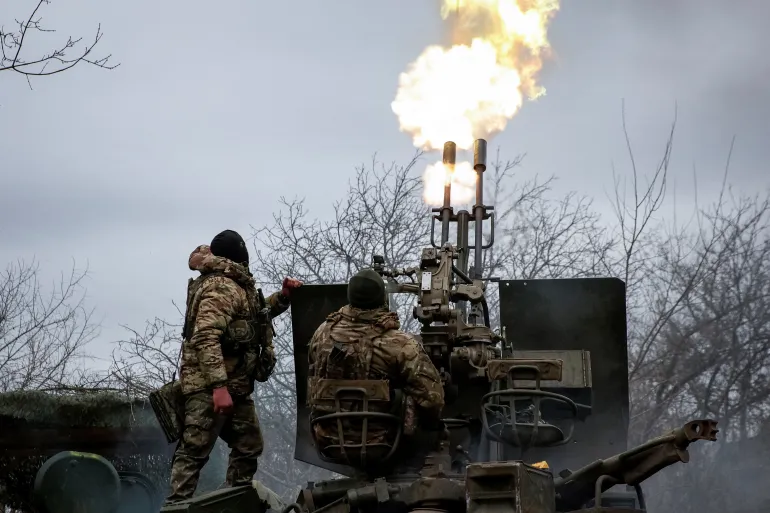In a significant move that underscores the European Union’s commitment to supporting Ukraine amidst ongoing conflicts, the EU has agreed to a substantial $5.5 billion boost in military aid. This decision, reflective of the EU’s strategic priorities and solidarity with Ukraine, marks a pivotal moment in the international response to the crisis. Let’s delve into the implications of this financial commitment, its potential impact on the conflict, and the broader conversation about international aid, security, and diplomacy. $5.5bn Boost
A Unanimous Stand for Solidarity
Initially, the EU’s agreement to bolster military aid to Ukraine by $5.5 billion represents a unanimous stand among member states to support a nation striving to defend its sovereignty and territorial integrity. This financial boost not only signifies a substantial increase in material support but also sends a strong message of unity and resolve against aggression. Moreover, this move highlights the EU’s role as a key player in global security, willing to take decisive action to uphold international law and protect democratic values.
Impact on the Ground
Furthermore, the infusion of $5.5 billion in military aid is poised to have a significant impact on the ground in Ukraine. This support is expected to enhance Ukraine’s defensive capabilities, providing essential resources for troops, bolstering air defenses, and ensuring the continued resilience of the Ukrainian military. Additionally, this aid comes at a critical time when Ukraine faces mounting challenges, underscoring the importance of timely and effective assistance in altering the dynamics of the conflict.
Navigating the Complexities of International Aid
Moreover, the EU’s decision to boost military aid to Ukraine navigates the complex terrain of international aid and security assistance. It raises important questions about the mechanisms of aid delivery, the accountability of recipient countries, and the long-term implications of military support on peace and stability. Furthermore, this development prompts a broader discussion about the role of international organizations in conflict zones and the balance between military aid and diplomatic efforts to achieve lasting peace.
The Broader Implications for EU Foreign Policy
Additionally, the substantial increase in military aid to Ukraine has broader implications for EU foreign policy and its approach to global conflicts. It reflects a strategic commitment to defending democratic institutions and countering aggression, potentially setting a precedent for future EU responses to international crises. Moreover, this move could influence the EU’s relationships with other global powers, shaping the geopolitical landscape and the EU’s position within it. $5.5bn Boost
Inspired by Al-Jazeera News and Rear More Articles Here, Read Previous Blog Also.
